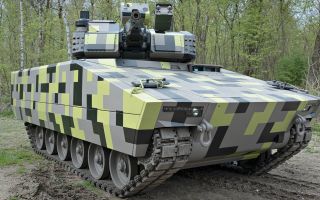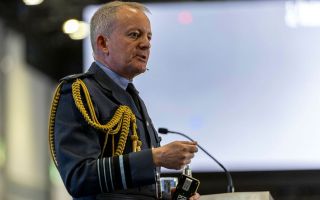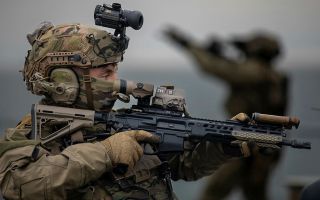Army Staff Shortage Means Watchkeepers Will Stay Grounded
A shortage of qualified pilots in the British Army means the faltering Watchkeeper programme is still struggling to get off the ground.
A landmark Ministry of Defence order for the 54 surveillance drones will eventually be fulfilled four years late and £400m over-budget.
Once hailed as "the key to battlefield surveillance of the future" by the then Defence Secretary John Reid in 2005, the Watchkeepers were expected to enter service from 2010 and be operational by 2013. Now faced with personnel problems and technical setbacks, the delivery date has been pushed back to mid-2017.
He said: “Only too often in defence procurement, the perfect is the enemy of the good. And there is no point striving for perfection if it arrives too late to actually do the job.”
After 10 years in development, only three Watchkeeper drones have seen active duty, arriving in Afghanistan just weeks before last year’s troop withdrawal. The drones flew for a total of 146 hours, equivalent to two days each, before British forces left the country.
The Ministry of Defence however has consistently stood by the programme, pointing to its (albeit short) operational record as evidence of its value:
“Watchkeeper has already proven its value in Afghanistan and will provide the British Army with a cutting edge remotely piloted air system. The project is on track to meet its planned Full Operational Capability of mid-2017.”
But does it still serve a purpose?
Justin Bronk, an analyst at the military think tank Rusi, said Watchkeeper “was certainly procured with an eye to the last war”. He said it fills “a very interesting middle ground between the micro reconnaissance [drones]… that the army use, British and US, and the kind of large… Global Hawks and Reapers and Predators that the Air Force use”.







